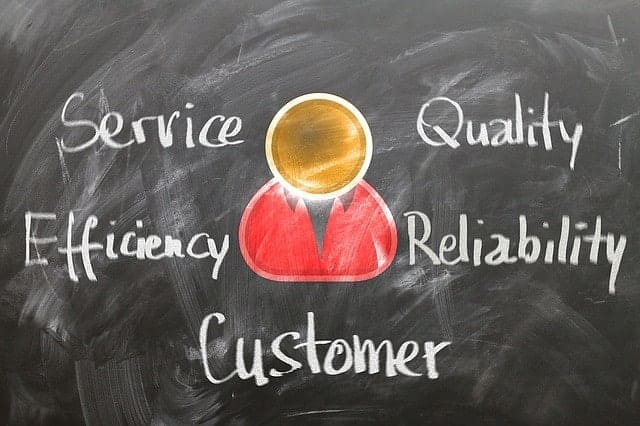In today’s highly competitive business environment, enormous pressure to boost performance exists on all sides. Slimming profit margins, the increased speed of market change, difficulties finding dependable talent, and retaining quality employees and team members make it arguably more difficult than ever before to hold a management position.
As a boss, you are not only expected to navigate the normal stresses of business management or ownership but to do it at breakneck speed.
Many bosses take a “hunker down” approach to interacting with the increasingly fast-paced change occurring around them. However, clinging to antiquated methods of management or doing things the same way they’ve always been done can result in disaster as the pace of change continues to accelerate.
To succeed and excel, management must strive to improve by learning how to employ effective tools and methods of interacting with their employees and team members. One of the most powerful tools available to you today is one that you might not have expected: psychology.
The following are three ways in which psychology could have a huge impact on your effectiveness as a leader, manager, and influencer.
Better Understand What Motivates Your Employees
Let’s face it: work isn’t always fun. It’s often hard. How do you motivate someone to perform to the best of their ability when that will take hard work and effort? Research conducted by Stanford psychologist Carol Dweck revealed that supervisors often attempt to motivate their employees in a way that seems harmless and effective. However, the end result could be producing a negative effect over time and be discouraging employees from giving their best effort.
Another common method of praising an employee for their effort uses language that implies that their efforts are a result of innate talent — not learned and developed skills or habits. Praising employees this way will develop a mindset that insists that if an employee performs well, it was because they possessed that trait inherently. And if an employee fails or performs below expectations, it was because that employee did not possess the skills or talent necessary to perform their task.
Because each individual responds to feedback differently, as a leader it’s essential to stay up-to-date on the latest news and research within the psychology field. This will not only help you adjust and effectively lead your team, but it will also help you develop on a personal and professional level. If you can establish a working environment that praises effort rather than pure talent alone by praising employees for investments of time, hard work, and persistence, you will begin to shift the culture of your business or workforce to value dedication rather than raw talent.
Improve Customer Service
Applying a little psychology can not only improve relationships within your company. It can also greatly affect the way your employees interact with your consumer base. Social media is becoming a vital and strategic channel by which businesses can communicate with their clients, customers, and prospective customers.
Savvy bosses will realize that establishing meaningful connections with their current and potential customers will prove a key factor in gaining and retaining business. Because up to 74% of online adults use some form of social media platforms and companies that positively engage their customers via social media can boost those customers’ projected spending on company products by as much as 20-40%, tapping into these engagement channels can allow you to forge stronger relationships with your clientele and significantly impact the success of your company or business.
Become More Emotionally Intelligent
No one works in a vacuum — everyone needs to learn how to work well with other people. Psychology Today shares how important it is for a leader to foster strong teamwork amongst his or her employees.
One of the most important ways to achieve this is by understanding “emotional intelligence” (EI). EI provides frameworks, jargon, and research-backed techniques for how to more effectively lead and interact with your employees. Taking the time to boost your emotional intelligence can pay dividends in increased performance and decreased interpersonal difficulties.
Everyone in management is bombarded by tools and resources vying for his or her attention that claim to help increase productivity. However, by utilizing a little psychology in your management practices, you can cut to the chase and address the heart of how people interact and work together. Psychology could prove to be the most strategic method of improving your business or team’s performance.
Ryan Ayers has consulted a number of Fortune 500 companies within multiple industries including information technology and big data. After earning his MBA in 2010, Ayers also began working with start-up companies and aspiring entrepreneurs, with a keen focus on professional development, finance and data analysis. Read more from Ryan by following his twitter: @TheBizTechGuru
Image credits; Image credits; Image credits






